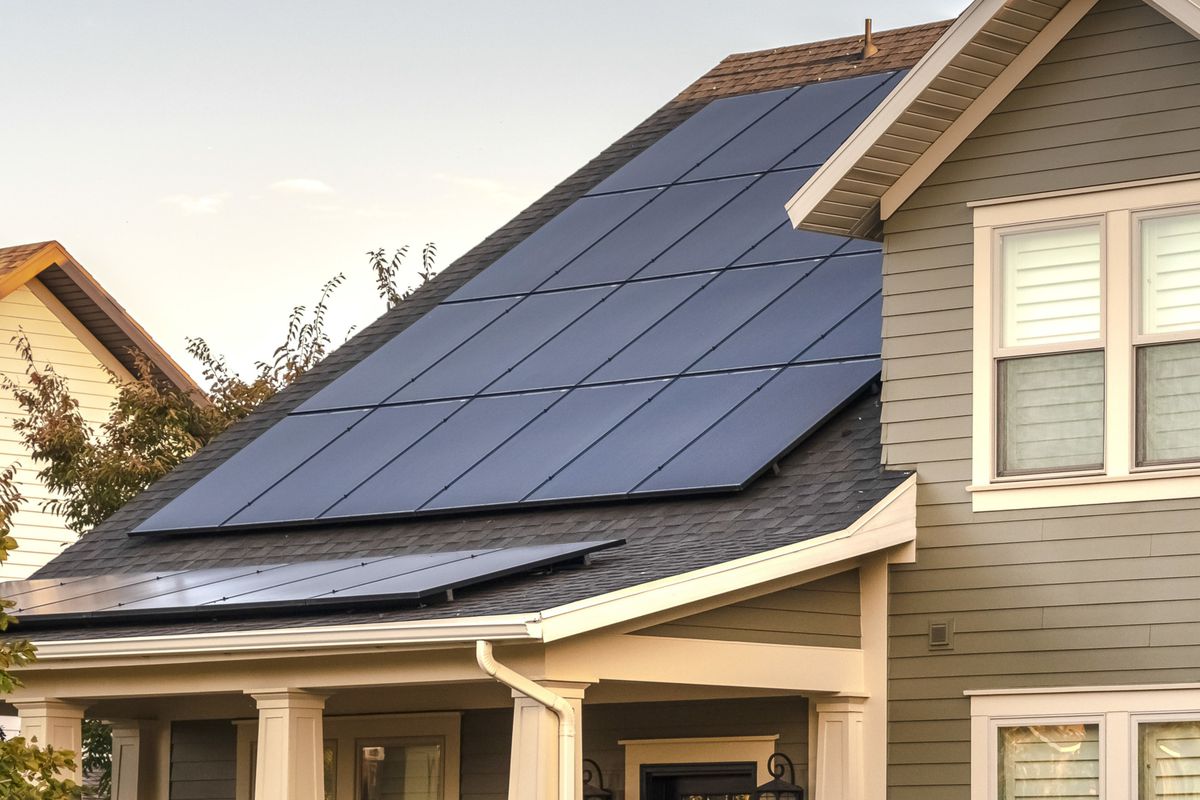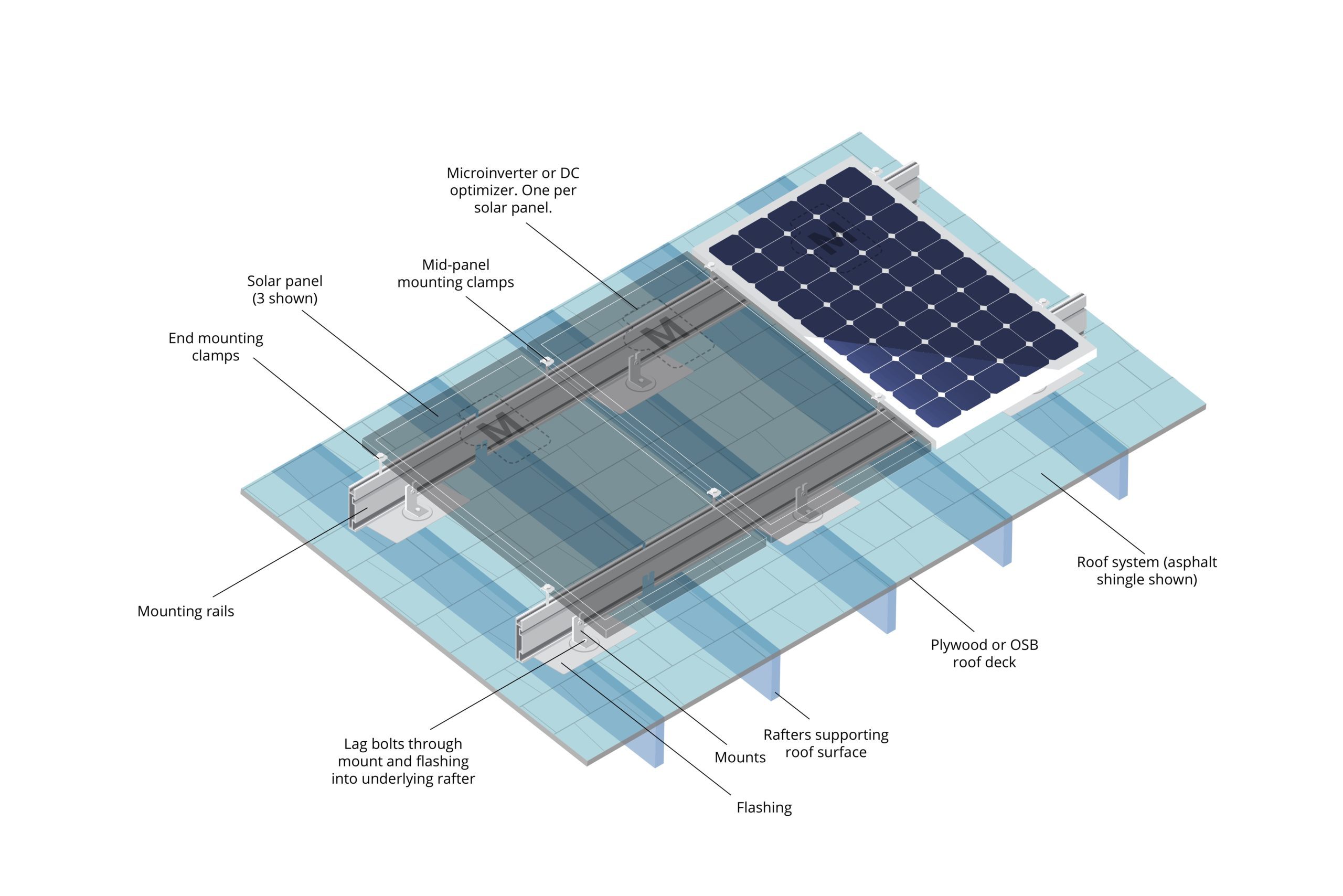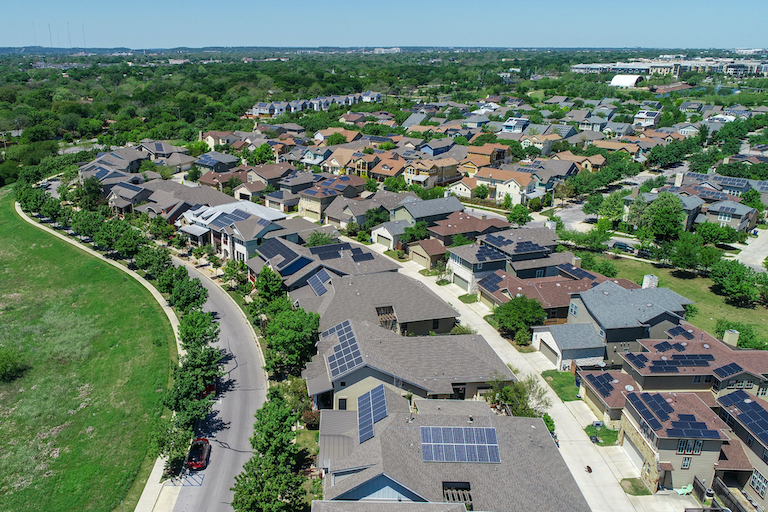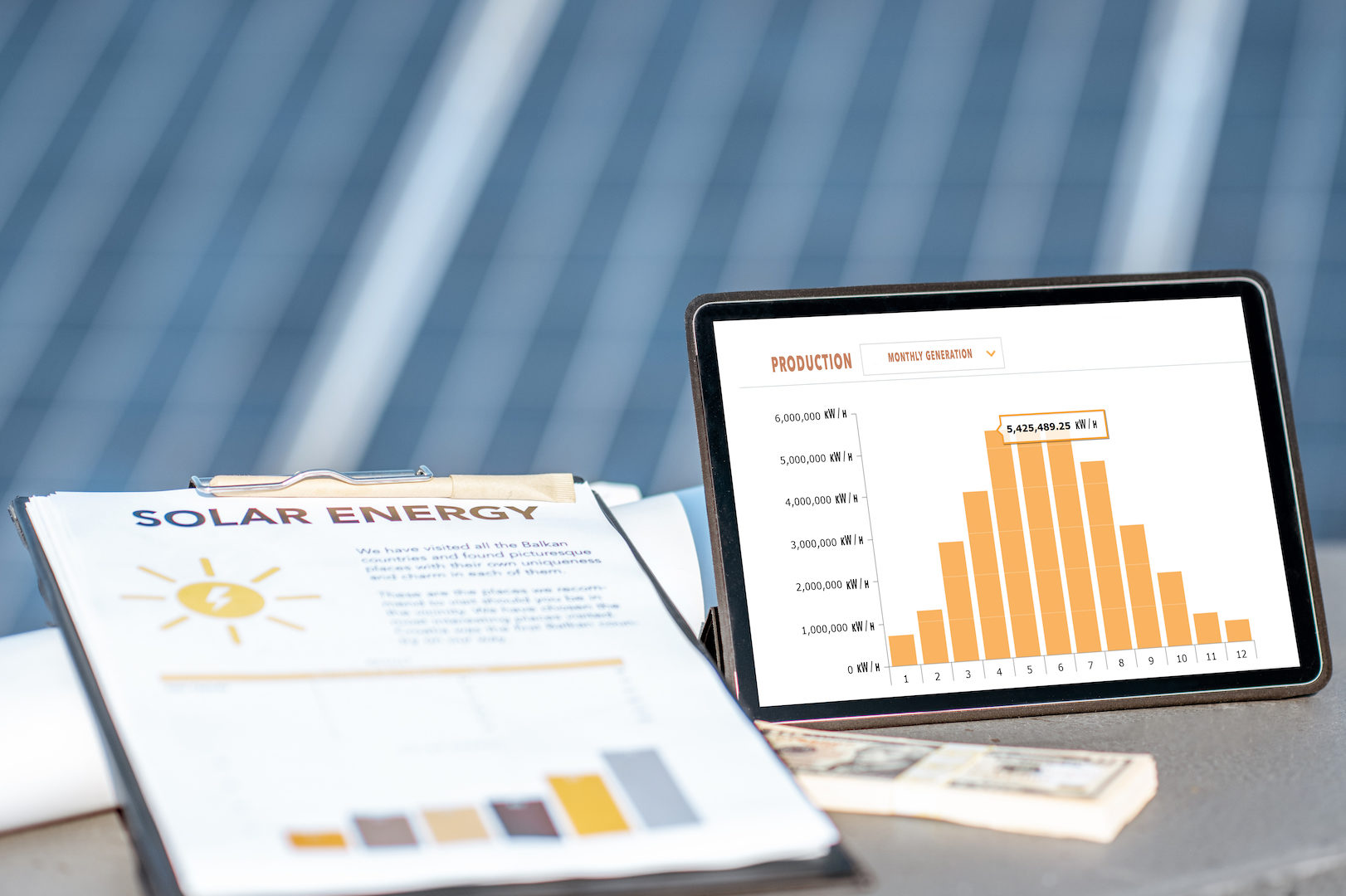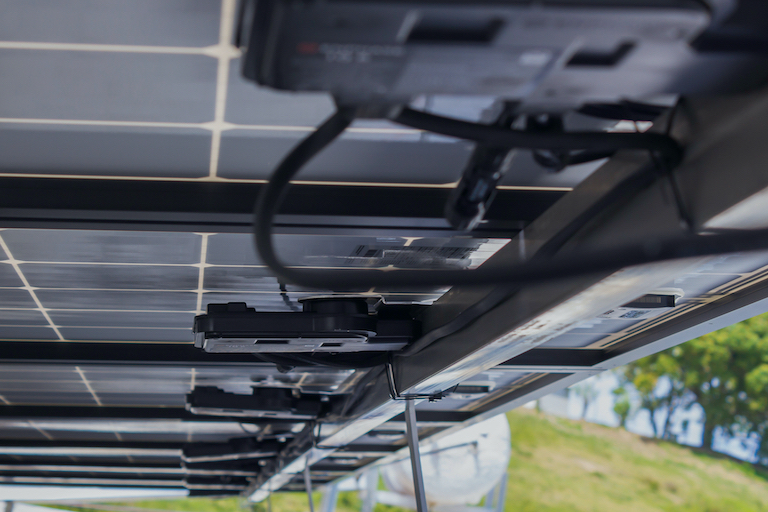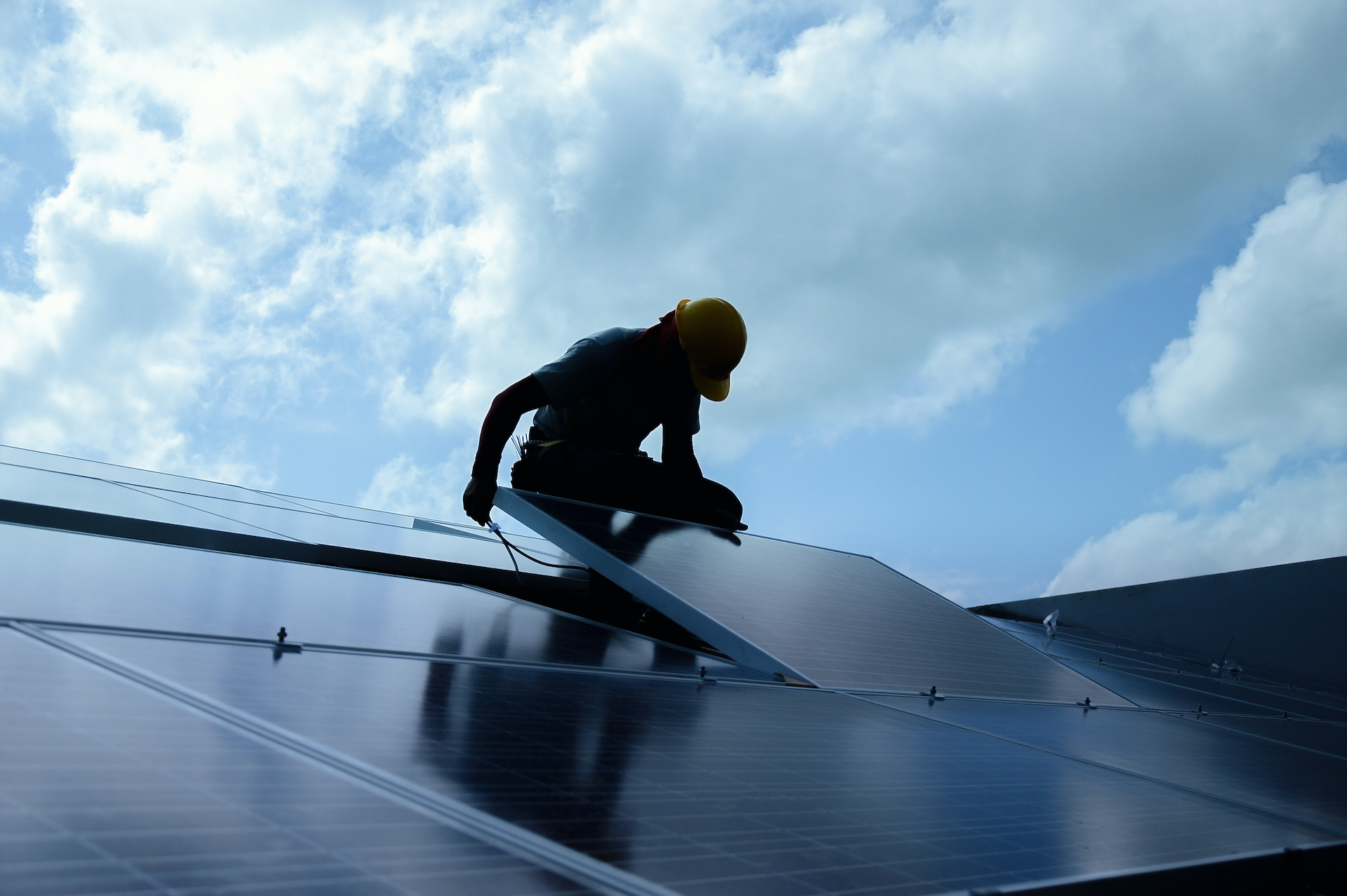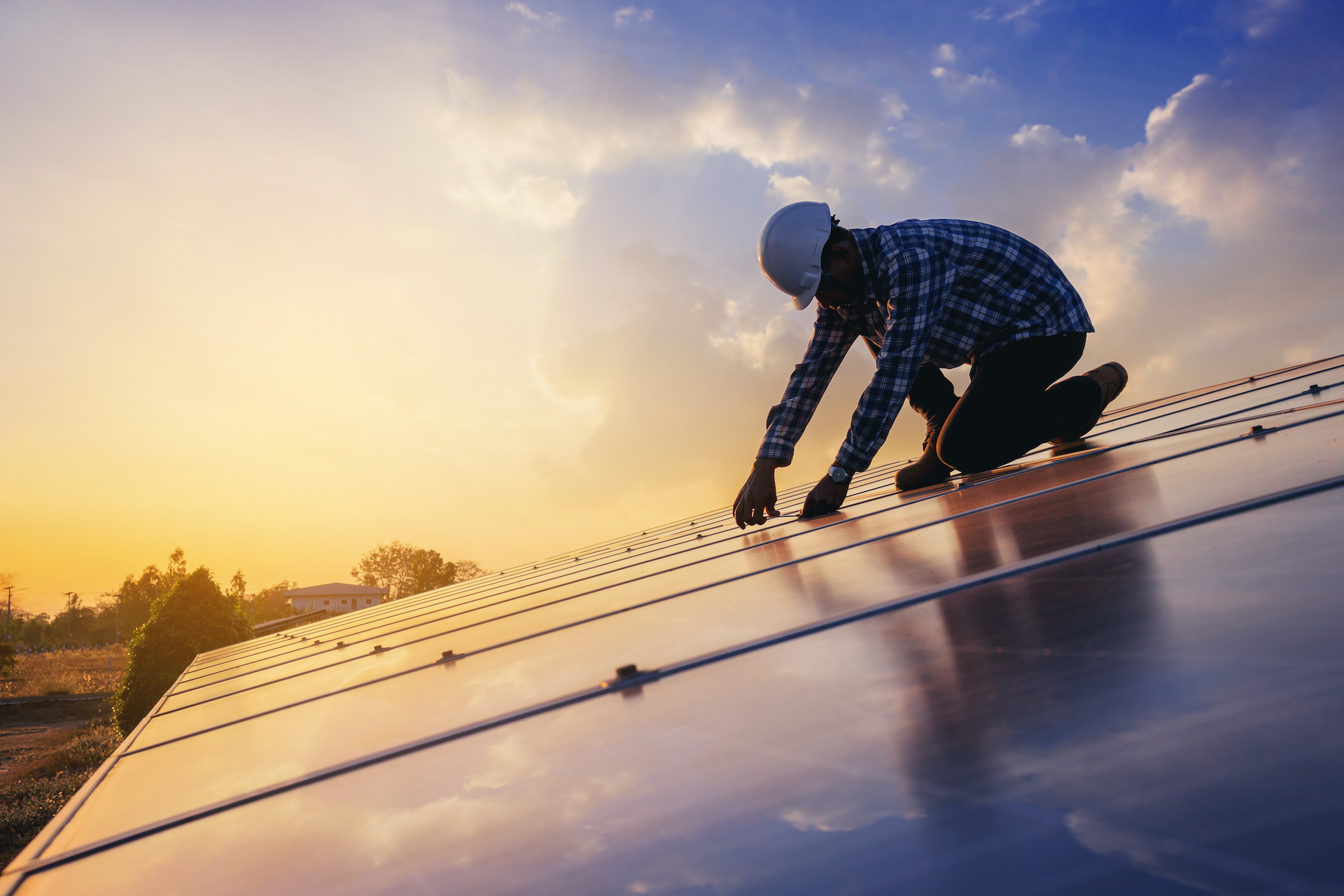Introduction to choosing a solar contractor
Ever had a bad experience with a contractor or know someone who has? Just like regular home improvement projects, you can do months of research, choose the best products, yet your project can quickly get derailed by a bad contractor.
Great contractors perform quality work and have excellent customer service, which typically leads to higher prices and higher demand. It’s not unusual for the best home improvement contractors to be booked for several months.
Solar contractors are no different, and since the solar industry is still relatively young, still developing, and rapidly changing, choosing a good solar contractor can actually be more complicated than finding a traditional home improvement contractor.
Despite the need to get multiple quotes, comparing multiple solar options can be tricky. Each contractor is likely to present you with a different system capacity, place the solar panels in different locations, propose solar panel and other equipment types from different manufacturers and use different assumptions when modeling your system production and energy savings. All of this variation makes it nearly impossible to easily compare your options.
Learn how our process significantly reduces variation in home solar quotes and how we help homeowners compare their options.
Introduction to choosing a solar contractor
Ever had a bad experience with a contractor or know someone who has? Just like regular home improvement projects, you can do months of research, choose the best products, yet your project can quickly get derailed by a bad contractor.
Great contractors perform quality work and have excellent customer service, which typically leads to higher prices and higher demand. It’s not unusual for the best home improvement contractors to be booked for several months.
Solar contractors are no different, and since the solar industry is still relatively young, still developing, and rapidly changing, choosing a good solar contractor can actually be more complicated than finding a traditional home improvement contractor.
Despite the need to get multiple quotes, comparing multiple solar options can be tricky. Each contractor is likely to present you with a different system capacity, place the solar panels in different locations, propose solar panel and other equipment types from different manufacturers and use different assumptions when modeling your system production and energy savings. All of this variation makes it nearly impossible to easily compare your options.
Learn how our process significantly reduces variation in home solar quotes and how we help homeowners compare their options.
5 things to consider when choosing a solar contractor
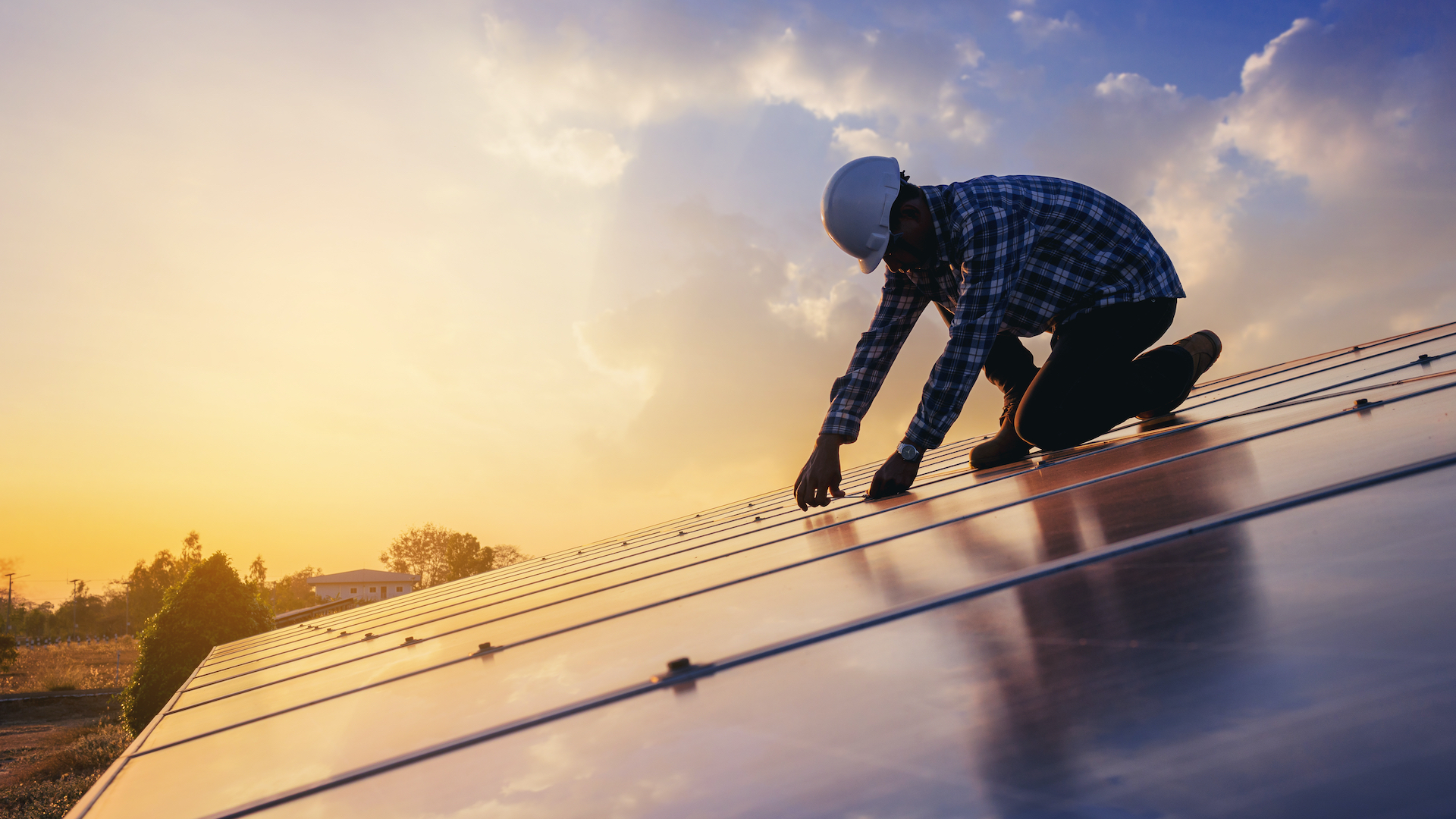
Because solar markets are so specific to individual states, there is a big disparity in the number of solar contractor options in more developed states, like California or New Jersey, versus less developed states like Pennsylvania or Delaware. Regardless of how many options are available you’ll want to consider the following five criteria when evaluating solar contractors.
5 things to consider when choosing a solar contractor

Because solar markets are so specific to individual states, there is a big disparity in the number of solar contractor options in more developed states, like California or New Jersey, versus less developed states like Pennsylvania or Delaware. Regardless of how many options are available you’ll want to consider the following five criteria when evaluating solar contractors.
National solar contractors
Though national solar companies have recently increased their cash and loan sales, these companies continue to rely heavily on third-party ownership models (solar leases and solar PPAs). Read our article on solar leases and solar PPAs here and make sure you read the fine print before you sign a contract.
National solar contractors
Though national solar companies have recently increased their cash and loan sales, these companies continue to rely heavily on third-party ownership models (solar leases and solar PPAs). Read our article on solar leases and solar PPAs here and make sure you read the fine print before you sign a contract.
Summary
A home solar system will be one of, if not the most significant investments that you’ll make in your home. At $20,000 to $30,000 or more, it’s not only a big upfront expense, but you’re counting on it to deliver 25 years or more of energy savings.
Whether you’re considering a local or larger regional or national solar contractor, make sure that you evaluate each company thoroughly. As you’re evaluating contractors, think about whether you are more comfortable with a local contractor or a more prominent regional or national brand.
Remember to start by understanding whether the company selling the home solar system is the same as the contractor who will perform the installation and whether the installation contractor will be using subcontractors. Then determine whether the solar contractor has other businesses since diversification can provide additional sources of revenue, which will help them stay in business for a longer period of time. Next, thoroughly examine the length of time they’ve been in business, online reviews, and any references they provide. Last, see if they have any manufacturer and industry credentials indicating that they have received training on best practices for designing and installing home solar equipment and systems.
Summary
A home solar system will be one of, if not the most significant investments that you’ll make in your home. At $20,000 to $30,000 or more, it’s not only a big upfront expense, but you’re counting on it to deliver 25 years or more of energy savings.
Whether you’re considering a local or larger regional or national solar contractor, make sure that you evaluate each company thoroughly. As you’re evaluating contractors, think about whether you are more comfortable with a local contractor or a more prominent regional or national brand.
Remember to start by understanding whether the company selling the home solar system is the same as the contractor who will perform the installation and whether the installation contractor will be using subcontractors. Then determine whether the solar contractor has other businesses since diversification can provide additional sources of revenue, which will help them stay in business for a longer period of time. Next, thoroughly examine the length of time they’ve been in business, online reviews, and any references they provide. Last, see if they have any manufacturer and industry credentials indicating that they have received training on best practices for designing and installing home solar equipment and systems.
Choosing a good solar contractor is the most important decision you’ll make when going solar.
This is why we put all of our contractors through a rigorous screening process. Learn how we screen contractors here and learn more about how we work for you to protect your home solar investment through our comprehensive process here.
If you’re ready, get started with a free Home Solar Assessment.
Choosing a good solar contractor is the most important decision you’ll make when going solar.
This is why we put all of our contractors through a rigorous screening process. Learn how we screen contractors here and learn more about how we work for you to protect your home solar investment through our comprehensive process here.
If you’re ready, get started with a free Home Solar Assessment.
Got a question on home solar contractors or anything else? Send us a message and we’ll answer ASAP.
Got a question on home solar contractors or anything else? Send us a message and we’ll answer ASAP.
Learn about solar
Find honest answers to some of the most commonly asked questions on home solar and clean energy.



